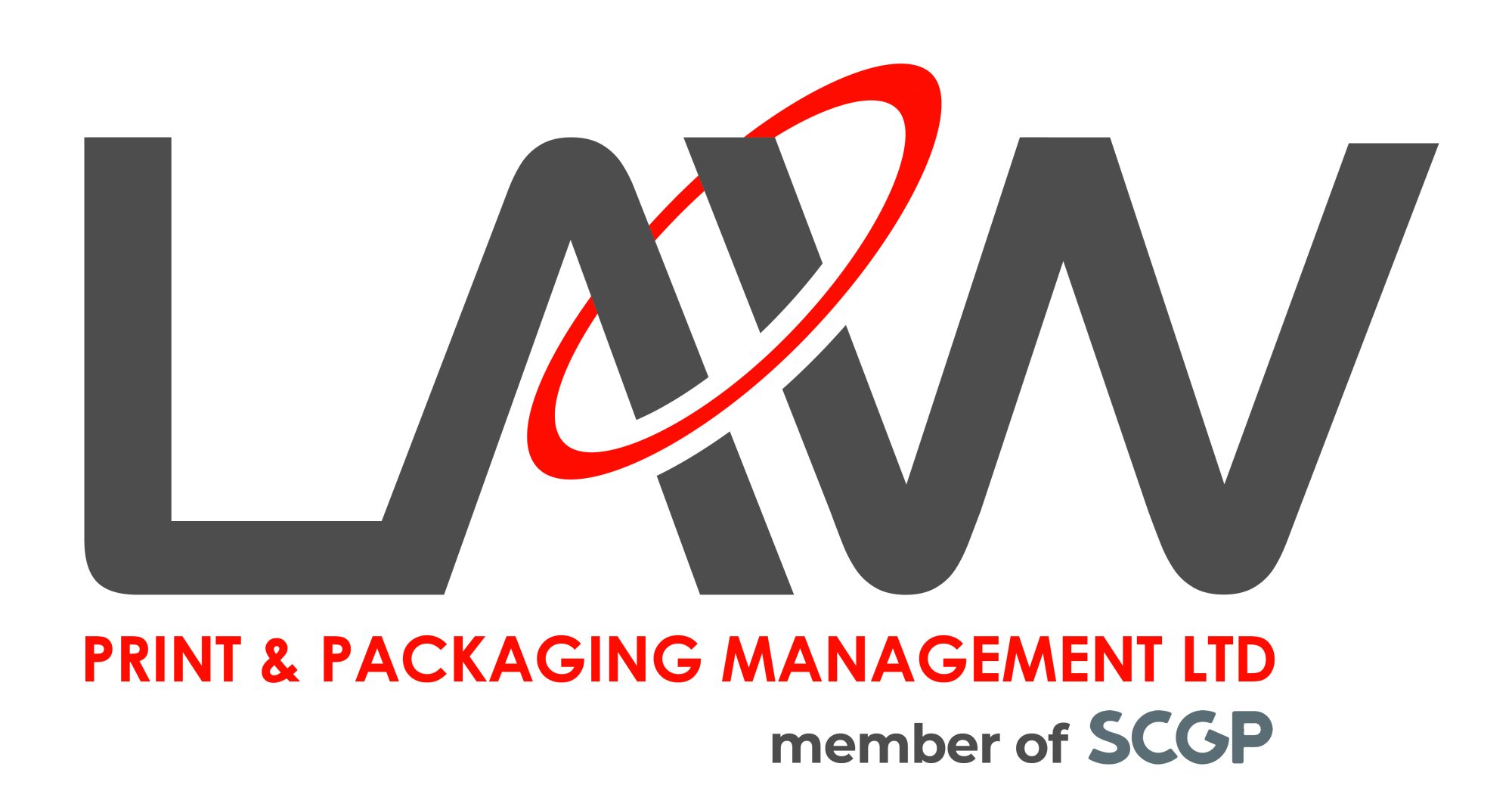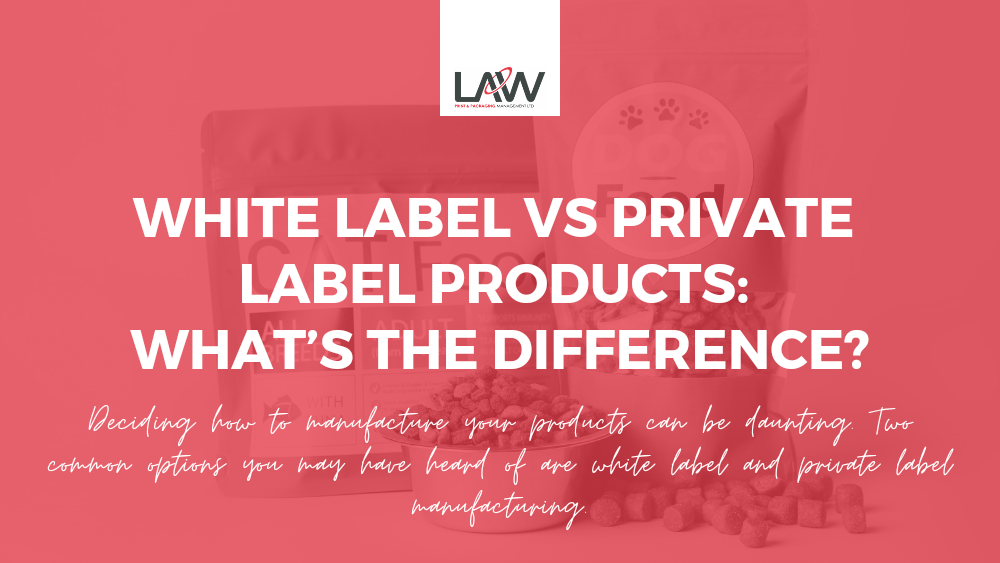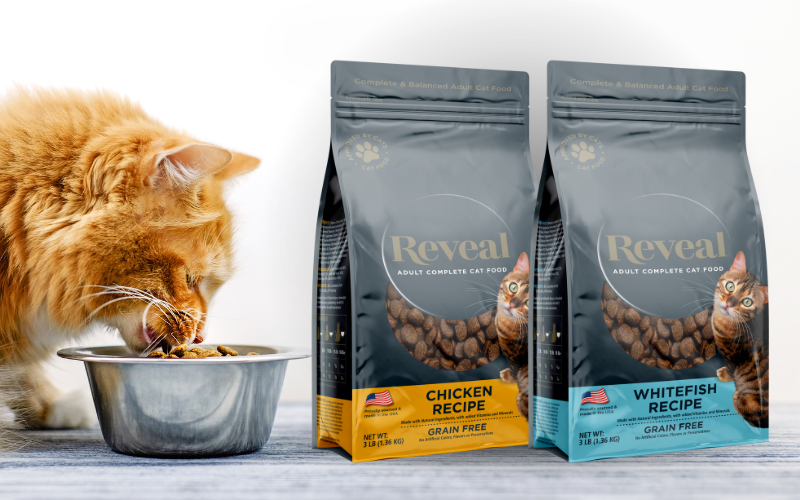As a startup or business owner, deciding how to manufacture your products can be daunting. Two common options you may have heard of are white label and private label manufacturing.
However, it’s not uncommon for people to confuse these two methods. The differences between them may not be clear.
While people often use these two terms interchangeably, they actually refer to two different manufacturing processes. In this blog, we’ll explore the key differences between white label and private label manufacturing, and help you understand which option is best suited for your business needs.
What is White Label Manufacturing?
White label manufacturing involves outsourcing the production of a generic product that is then sold under a retailer’s brand name. Essentially, the manufacturer creates a product with no branding or labels, and the retailer can add their own branding.
This approach is often used by retailers who do not have the resources or expertise to produce their own products, but still want to offer a range of products to their customers. With white label manufacturing, the retailer can focus on branding and marketing the product, while the manufacturer takes care of the production process.
What is Private Label Manufacturing?
On the other hand, private label manufacturing involves retailers outsourcing the production of a unique product that they sell exclusively under their brand name. In this case, the retailer provides the manufacturer with unique product design, specifications, and branding requirements.
Private label manufacturing is ideal for retailers who want to offer their customers a unique product that cannot be found elsewhere. This approach allows retailers to have greater control over the entire production process, from product design to branding and marketing.
Which Option Is Right for You?
Choosing between white label and private label manufacturing will depend on a number of factors, such as your budget, resources, and business goals.
Let’s take an example to understand this better. Imagine you want to start selling a line of skincare products. If you opt for white label manufacturing, you would choose a manufacturer who produces a generic pet food product, and then have them produce it with your branding. This means that other brands can also sell the same product, just with their own branding on it.
On the other hand, if you opt for private label manufacturing, you would work with a manufacturer to develop a unique pet food product that is exclusively yours. This means that no other brand will be selling the same product.
So, which route is best for your product? Ultimately, the decision depends on your specific needs and goals. If you’re looking to sell a product that is unique to your brand, then private label manufacturing is the way to go. However, if you’re looking for a more cost-effective option and don’t mind other brands selling the same product, then white label manufacturing might be a better fit.
At Law Print we can work with both of these options to find the best packaging fit for you.
Want to skyrocket your business in 2023? Start with your packaging. We’re available for advice whenever you need us, so please speak to us!
Contact us on +44 (0) 161 440 7302 or follow this link to complete our contact form.


